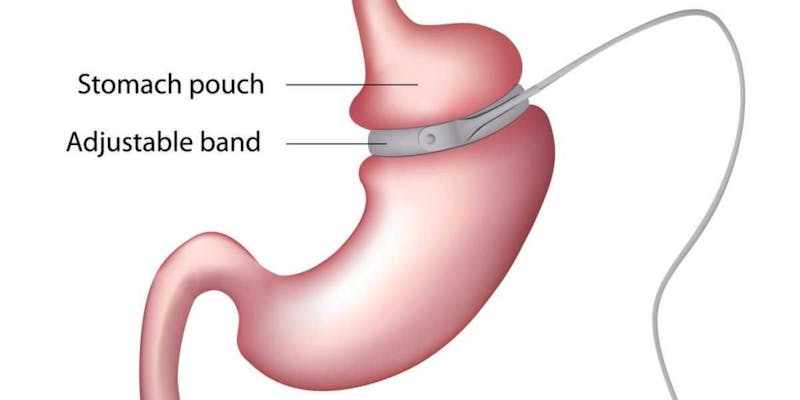
A message from Dr. Ariel Ortiz, chief surgeon and medical director at Obesity Control Center, on important guidelines for eating following gastric band or lap band surgery.
I have always said it is easier to walk in a straight line than swerving all over the road. Either way you will still reach your goal, but one is much faster and shorter in the long run. And less dizzying! The same goes with post-gastric band surgery decisions. You can either try it the surgeon’s way or not.
After ten year’s experience as a weight loss surgeon and having performed more than 9,000 procedures, I know for a fact that many patients try it their way at first. But sooner or later, they will end up following the guidelines that have passed the test of time. The list below, slightly modified here, is based on the Ten Rules for Success originally developed by Dr. Paul O’Brien of Melbourne, Australia and Dr. Rudolf Weiner of Frankfurt, Germany—two of the leading lap-band surgeons in the world and personal friends of mine.
[1.] Eat only three small meals a day.
[2.] Eat solid foods, slowly, and chew thoroughly (15 to 20 times a bite).
[3.] Stop eating as soon as you feel full.
[4.] Do not wash down your solids with liquids.
[5.] Do not eat between meals.
[6.] Eat only good quality foods.
[7.] Avoid fibrous food.
[8.] Drink enough fluids during the day.
[9.] Drink only low-calorie liquids.
[10.] Exercise at least thirty minutes a day.
Following these guidelines are essential to ensuring that you maximize both good health and weight loss during the period of time following your gastric surgery and in the years ahead. Once you have established these as part of your normal routine, you will quickly begin to see the benefits. Bon appétit!
Read more on the OCC follow-up plan.

